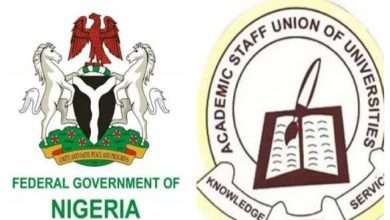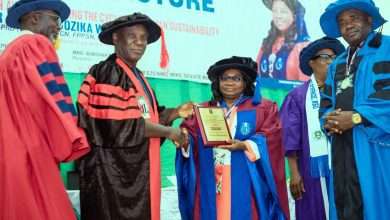
The Ignatius Ajuru University of Education (IAUE) has clarified its recent employment exercise following protests by some youths and women from the Rumuolumeni community at the university entrance. Acting Vice Chancellor, Professor Okechuku Onuchuku, emphasised that the recruitment, which saw 1500 new hires, strictly adhered to merit and legal employment guidelines.
Professor Onuchuku explained that out of the 1500 approved slots, 1100 were designated for academic positions and 400 for non-teaching roles. He highlighted that if these slots were distributed equally across Rivers State’s Local Government Areas (LGAs), each LGA would receive approximately 47 academic and 17 non-teaching positions.
However, due to the merit-based nature of the exercise, Rumuolumeni, a single ward in Obio/Akpor Local Government Area, secured a significant number of positions: 15 in the academic category and 30 in non-teaching roles, totaling 45 individuals.
The Professor of Economics reminded the protesting groups that IAUE is a public educational institution owned by the Rivers State Government, not a private oil company. He stressed the imperative of following established rules and regulations, particularly for recruitment into an academic institution. Such exercises, he noted, must be competitive, especially for teaching positions and specialised senior roles like medical doctors, accountants, laboratory scientists, and engineers.
Professor Onuchuku also expressed appreciation for stakeholders and others who are actively supporting and promoting the university’s image.
Further investigations, including a meeting at the Palace of the King of Rumuolumeni, HRH Eze Engr. Chukwuemeka Wobo, Olumeni XII, revealed that the protest was reportedly orchestrated by influential community members whose preferred candidates failed to meet the required grades during the recruitment process. The King and his Council unequivocally distanced themselves from the protest, stating they “did not send the group to protest.”
This development highlights the complexities surrounding employment in public institutions and the critical balance between community expectations and adherence to established meritocratic processes.






